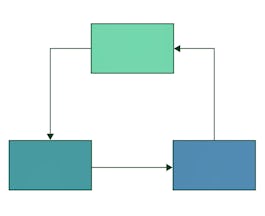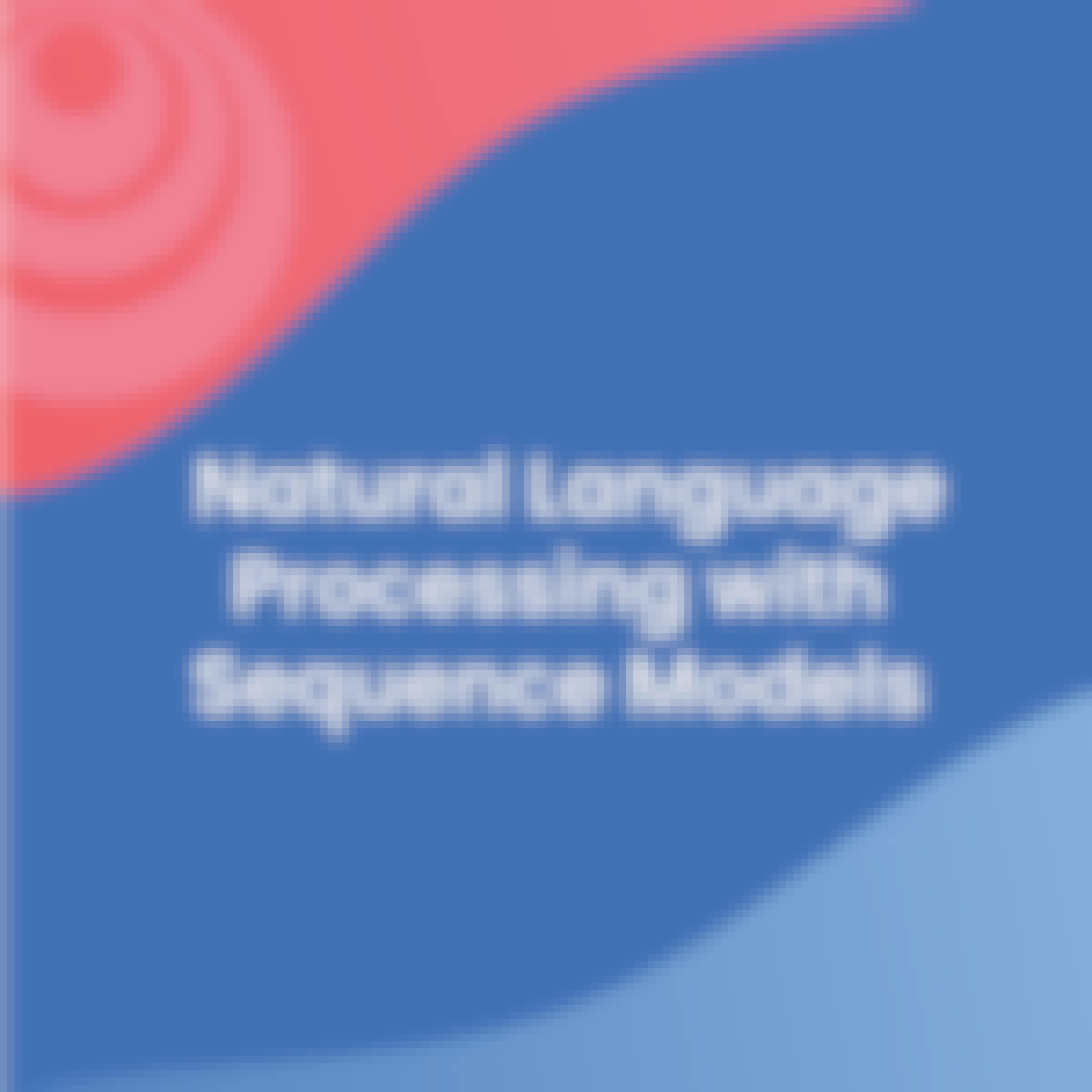Filter by
The language used throughout the course, in both instruction and assessments.
Results for "one-to-many+models"

University of Virginia
Skills you'll gain: Growth Strategies, Business Strategies, Business Planning, Business Development, Business Marketing, Strategic Marketing, Product Strategy, New Business Development, Business Priorities, Competitive Analysis, Entrepreneurship, Process Analysis, Business Modeling, Business Research, Business Analysis, Business Process, Business Management, Market Opportunities, Innovation, Operational Excellence

University of Alberta
Skills you'll gain: Model View Controller, Software Design Patterns, Software Design, Unified Modeling Language, Object Oriented Design, Code Review, Software Architecture, Programming Principles, Maintainability, Java, Android Development, Software Development

University of California, Irvine
Skills you'll gain: Active Listening, Learning Strategies, Public Speaking, Verbal Communication Skills, Communication, Detail Oriented, Communication Strategies, Critical Thinking, Organizational Skills, Analytical Skills
 Status: Free
Status: FreeSkills you'll gain: OSI Models, TCP/IP, Data Centers, Network Protocols, Network Infrastructure, Local Area Networks, General Networking, Network Architecture, Computer Networking, Network Planning And Design, Network Switches, System Requirements
 Status: Free
Status: FreeUniversity of Virginia
Skills you'll gain: International Relations, Political Sciences, Social Sciences, Sociology, Socioeconomics, Cultural Diversity, Economics, Governance

Skills you'll gain: Microsoft Azure, Power BI, Databricks, Data Processing, Cloud Services, Data Warehousing, Database Systems, Database Administration, Databases, NoSQL, Apache Spark, Relational Databases, Cloud Storage, Data Infrastructure, Database Management Systems, MySQL, SQL, Database Management, Data Storage, Data Lakes

Skills you'll gain: Relational Databases, Database Management Systems, SQL, Database Design, Databases, MySQL, NoSQL, Query Languages, Data Integrity, Data Modeling

Skills you'll gain: NoSQL, MongoDB, Databases, Apache Cassandra, Distributed Computing, Database Management, Database Architecture and Administration, IBM Cloud, Query Languages, Data Modeling, JSON, Scalability

DeepLearning.AI
Skills you'll gain: Natural Language Processing, Keras (Neural Network Library), Artificial Neural Networks, PyTorch (Machine Learning Library), Deep Learning, Tensorflow, Text Mining, Machine Learning

The University of Sydney
Skills you'll gain: Creative Problem-Solving, Problem Solving, Creative Thinking, Analytical Skills, Resourcefulness, Critical Thinking, Complex Problem Solving, Research, Communication

Skills you'll gain: Quality Control, Product Development, Packaging and Labeling, Quality Assurance and Control, Prototyping, Product Quality (QA/QC), New Product Development, Quality Assessment, Statistical Process Controls, Product Design, Research and Design, Product Testing, Verification And Validation, Health And Safety Standards, Personal Care, Safety Assurance, Good Manufacturing Practices, Record Keeping, Technical Documentation, Life Sciences

Duke University
Skills you'll gain: Spatial Analysis, Human Learning, Image Analysis, Experimentation, Scientific Methods, Physics, Research
In summary, here are 10 of our most popular one-to-many+models courses
- Grow to Greatness: Smart Growth for Private Businesses, Part I: University of Virginia
- Design Patterns: University of Alberta
- Academic Listening and Note-Taking: University of California, Irvine
- Introduction to Networking: NVIDIA
- The Modern World, Part Two: Global History since 1910: University of Virginia
- Microsoft Azure Data Fundamentals DP-900 Exam Prep: Microsoft
- Introduction to Databases for Back-End Development: Meta
- Introduction to NoSQL Databases: IBM
- Natural Language Processing with Sequence Models: DeepLearning.AI
- Problem-Solving Skills for University Success: The University of Sydney










